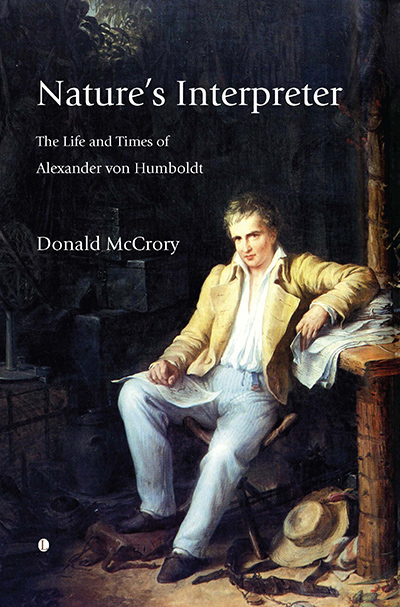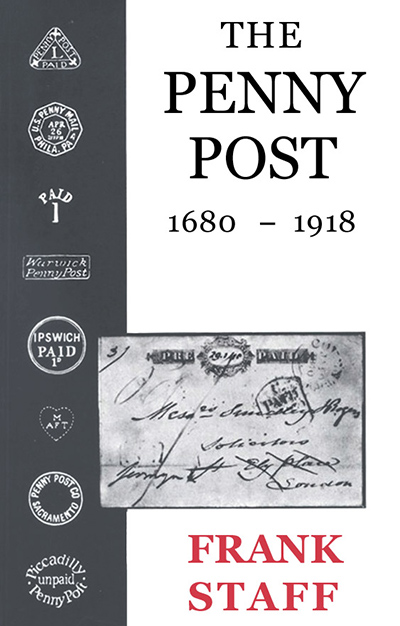Description
Inspired by the remarkable life of Alexander von Humboldt (1769-1859), this biography follows Humboldt from his childhood and early education in Prussia, his training as a mining engineer, his extensive travels in South America, Russia and Siberia to his outstanding contributions to our knowledge of the world we live in.
Rightly considered the founding father of Natural History, he was in his day as well known as Napoleon, and his travels and discoveries inspired countless other naturalists and explorers, including Charles Darwin. During their sojourn in Latin America from 1799 to 1804, he and his companion the botanist Aimé Bonpland sent back 6,000 new species of plants and herbs, rocks, minerals and animals. En route the scientists collected a mass of detailed information – “cartographical, geological, astronomical, botanical, anthropological and linguistic” – that took a life-time’s labour of love to prepare for publication.
Based in Paris from 1804 to 1827, Humboldt self-financed a series of publications leading to his major work and masterpiece, Kosmos, that ran to five volumes. To complete his task he began a vast correspondence with figures such as Thomas Jefferson, Washington Irvine, Sir Joseph Banks, Michael Faraday, Lavoisier, Gauss, and associated with kings, princes, courtiers, and the intelligentsia of his day: Brunel, Napoleon, the Kings of Prussia, Tsar Nicholas I of Russia, Goethe and Schiller and countless others.
Nature’s Interpreter contains original research based on the latest scholarship published by the Humboldt Research Centre, and draws extensively on material previously unavailable in English. Containing many illustrations and portraits, it both is an important contribution to our understanding of a key figure in the development of the natural sciences and a highly readable introduction to the intellectual milieu in which those sciences evolved.






